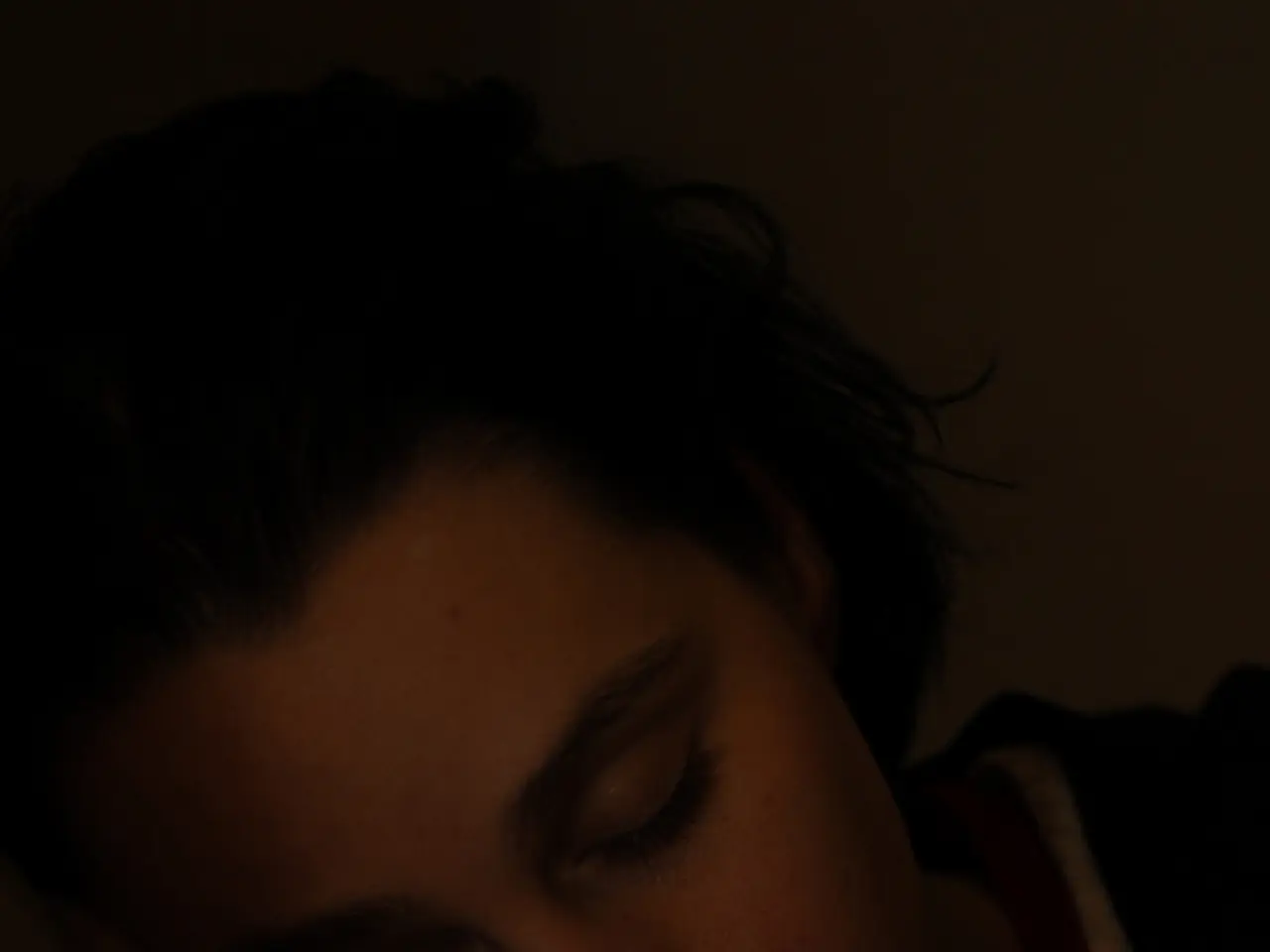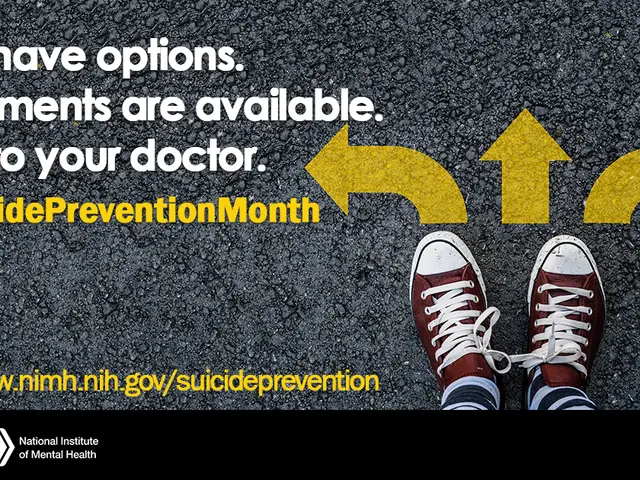Rest and Recovery: Guidelines on How Long and How to Nap When Unwell
Sleep is a vital aspect of overall health, and this is especially true when we're feeling under the weather. Here, we provide a comprehensive guide on recommended extra sleep and effective strategies for improving sleep quality during illness.
When sick, the body often requires more rest to aid in recovery. A general guideline suggests allowing up to an additional hour of sleep, especially in children, to help their bodies recover by providing extra time to rest and fight off infections. However, it's crucial to ensure that daytime sleep does not interfere with nighttime sleep quality.
To enhance sleep quality during illness, it's essential to listen to your body's cues and adjust sleep schedules accordingly. Sticking to a regular sleep schedule as much as possible can also help ensure better sleep at night and prevent over-sleeping during the day.
Hydration and nutrition play a significant role in recovery. Staying hydrated and consuming nutritious food support the body's functions during illness. Creating a sleep-conducive environment, such as keeping the sleep area cool, dark, and quiet, can also help improve sleep quality by reducing distractions.
For children, if they are sleeping longer than usual, it's advisable to wake them periodically to ensure they don't sleep too much during the day. This helps maintain a balanced awake and sleep schedule.
Encouraging activities that support immune function, such as adequate sleep and a balanced diet, is vital for immune system health. Elevating the head with pillows can reduce postnasal drip, coughing, and other respiratory symptom flare-ups.
Over-the-counter medications can provide relief from symptoms that could keep people awake, but it's important to check the ingredients for stimulants. Alcohol can interfere with the quality of sleep, making it less restful.
If you have a hard time breathing, experience pressure in the chest, are not urinating, feel consistently and severely weak, unsteady, and dizzy, it's essential to seek medical help immediately.
In addition to a well-balanced diet and exercise, getting enough sleep is an essential part of a healthful lifestyle. Disrupted sleep leads to an increase in inflammation, which has associations with depression, cardiovascular disease, and cancer.
Preparing the bedroom by keeping it dark, quiet, and with blankets within reach can make it more comfortable to sleep while sick. It is recommended to stay well-hydrated, but cutting down on liquids for at least 1 hour before going to sleep can reduce the need for nighttime visits to the bathroom.
When symptoms do not improve after a few days of rest, medical help may be necessary. Lack of sleep is associated with short-term health problems such as heightened irritability, and long-term health problems such as high blood pressure and rapid growth of tumors.
By implementing these strategies, individuals can improve their sleep quality during illness, which is essential for recovery and overall health.
- During illness, the body may need multiple additional hours of sleep to aid in recovery, especially in children.
- Bipolar individuals, among others, may find difficulty in maintaining a regular sleep schedule due to their condition, which could affect sleep quality.
- Predictive science suggests that quality sleep during illness can be crucial in fighting off infections and speeding up recovery.
- Alzheimers and multiple sclerosis patients might experience sleeping difficulties due to symptoms like congestion or fever, which should be addressed through therapies and treatments.
- AQU (Artificially intelligent sleep aids) could be beneficial in helping these individuals achieve better sleep during their illness.
- HIV patients, with their weakened immune systems, should take extra precautions to maintain good sleep hygiene to avoid complications.
- Adequate nutrition, along with sleep, plays a significant role in the health-and-wellness of an individual during and after illness.
- Semi-recumbent sleeping positions, with the help of pillows, could alleviate symptoms like postnasal drip and coughing in some cases.
- Excessive use of sleep aids with stimulant ingredients can disturb sleep patterns and should be avoided, while alcohol consumption should also be limited to ensure restful sleep.





